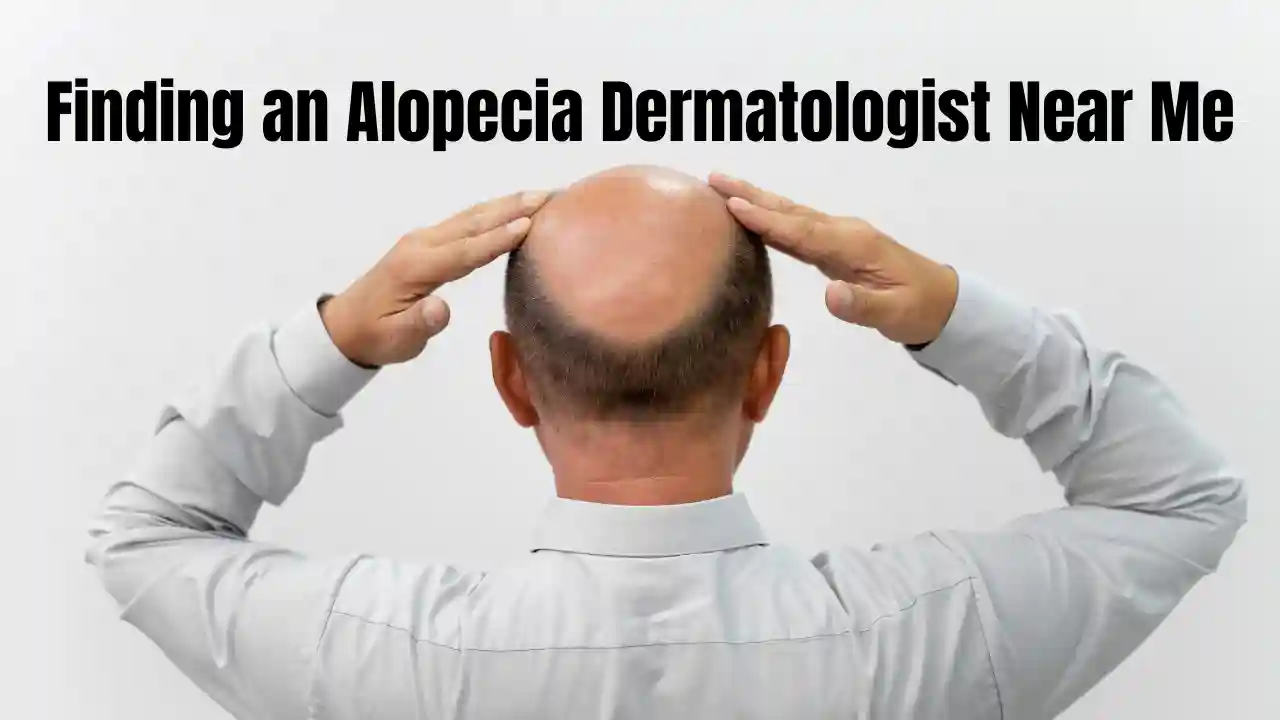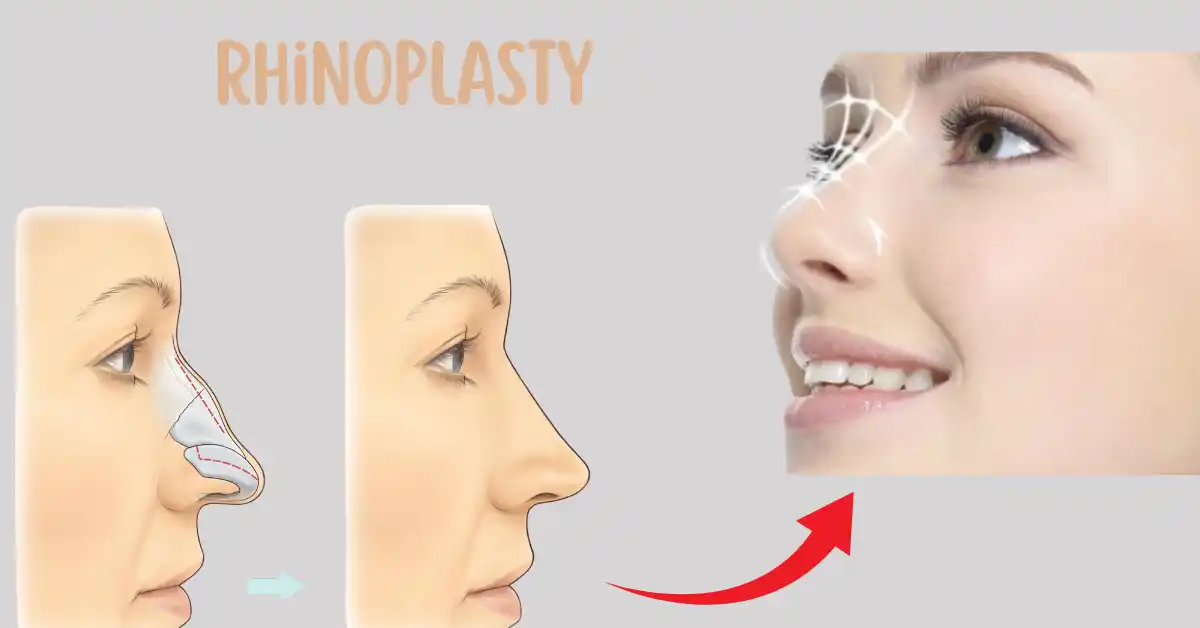Hair loss can be a stressful and emotionally taxing experience. Whether you are noticing gradual thinning, sudden bald spots, or ongoing shedding, the first question that often arises is: “What can I do about it?” One of the most effective steps you can take is searching for an “alopecia dermatologist near me.” A qualified dermatologist can not only diagnose the root cause of your hair loss but also recommend personalized treatments that align with your condition, lifestyle, and goals.
Understanding Alopecia
Alopecia is the medical term for hair loss. It can affect the scalp or the entire body and may be temporary or permanent. Understanding the type of alopecia you have is essential for selecting the most effective treatment.
Common Types of Alopecia
- Alopecia Areata: An autoimmune condition where the immune system mistakenly attacks hair follicles, leading to patchy hair loss.
- Androgenetic Alopecia: Often referred to as male or female pattern baldness, this is a hereditary condition resulting in gradual hair thinning.
- Telogen Effluvium: A temporary form of hair loss triggered by stress, hormonal changes, illness, or medication.
- Traction Alopecia: Caused by tight hairstyles that pull on the hair roots over time.
- Scarring Alopecia (Cicatricial Alopecia): A rare but serious condition where inflammation destroys hair follicles and replaces them with scar tissue.
Identifying the specific type of alopecia is crucial, which is why professional evaluation is so important.
Why Choose a Dermatologist for Hair Loss?
While general practitioners can provide basic guidance, dermatologists are skin and hair specialists trained to diagnose and treat hair disorders. When you search for an “alopecia dermatologist near me,” you are looking for someone with:
- Expertise in hair and scalp biology
- Access to advanced diagnostic tools like scalp biopsies and trichoscopy
- A wide range of treatment options, from medications to surgical procedures
What to Expect During Your Appointment
During your visit, the dermatologist will conduct a thorough examination of your scalp and may perform a hair pull test, blood tests, or a scalp biopsy. These tests help determine whether the hair loss is due to inflammation, infection, hormonal imbalance, or genetic predisposition.
You’ll also be asked about your medical history, lifestyle, stress levels, and any recent changes in medication or diet, as these can all influence hair health.
Effective Treatments Offered by Alopecia Dermatologists
Once the underlying cause is determined, your dermatologist will recommend a treatment plan. Here are some of the most common approaches:
1. Topical Treatments
- Minoxidil: Over-the-counter solution or foam that stimulates hair growth.
- Topical Steroids: Used particularly in autoimmune forms like alopecia areata to reduce inflammation.
2. Oral Medications
- Finasteride: Commonly prescribed for male pattern baldness to reduce hair loss and encourage growth.
- Spironolactone: Often used in women with hormonal imbalances contributing to hair loss.
- Oral corticosteroids: Short-term treatment for severe alopecia areata.
3. Injectable Therapies
- Intralesional Steroid Injections: Directly injected into bald patches to reduce inflammation.
- Platelet-Rich Plasma (PRP): Uses the patient’s own blood plasma to promote healing and hair growth.
4. Device-Based Therapies
- Low-Level Laser Therapy (LLLT): Stimulates follicle activity and improves hair density.
- Microneedling: Tiny punctures in the scalp can boost collagen and improve absorption of topical treatments.
5. Surgical Options
- Hair Transplantation: Involves moving healthy hair follicles from one part of the scalp to another. Suitable for certain types of permanent hair loss.
Complementary Approaches and Lifestyle Changes
In addition to medical treatments, dermatologists often recommend lifestyle modifications to support hair health:
- Balanced Diet: Ensure adequate intake of proteins, vitamins (especially B12, D, and biotin), and minerals like iron and zinc.
- Stress Management: Chronic stress can contribute to telogen effluvium.
- Gentle Hair Care: Avoid harsh chemical treatments, heat styling, and tight hairstyles.
- Sun Protection: Use SPF sprays or hats to protect the scalp from UV damage.
When Should You Seek Help?
It’s important to consult a specialist if:
- You notice sudden or patchy hair loss
- Hair is falling out in clumps
- You see visible scalp inflammation, redness, or scaling
- Hair thinning is worsening despite using over-the-counter products
The earlier you address the issue, the better your chances of preventing permanent damage.
How to Find the Right Alopecia Dermatologist Near You
When searching online or asking for referrals, consider the following:
- Board Certification: Make sure the doctor is a board-certified dermatologist.
- Experience with Hair Disorders: Check if the dermatologist specializes in treating alopecia.
- Patient Reviews: Look for feedback from patients who have undergone similar treatments.
- Consultation Availability: Choose a practice that offers thorough initial assessments and follow-up care.
Final Thoughts
Alopecia can be a complex condition, but it doesn’t have to control your life. With the right diagnosis and a tailored treatment plan from a qualified dermatologist, many people see significant improvement in hair growth and self-confidence.
Taking the first step by searching for an “alopecia dermatologist near me” can lead you toward solutions that truly work. Personalized care, evidence-based treatments, and continued support from a specialist can make a meaningful difference in your journey to healthier hair.
For more information or to schedule a consultation, visit Oak Dermatology. Their expert team is committed to providing comprehensive care for all types of hair loss.





